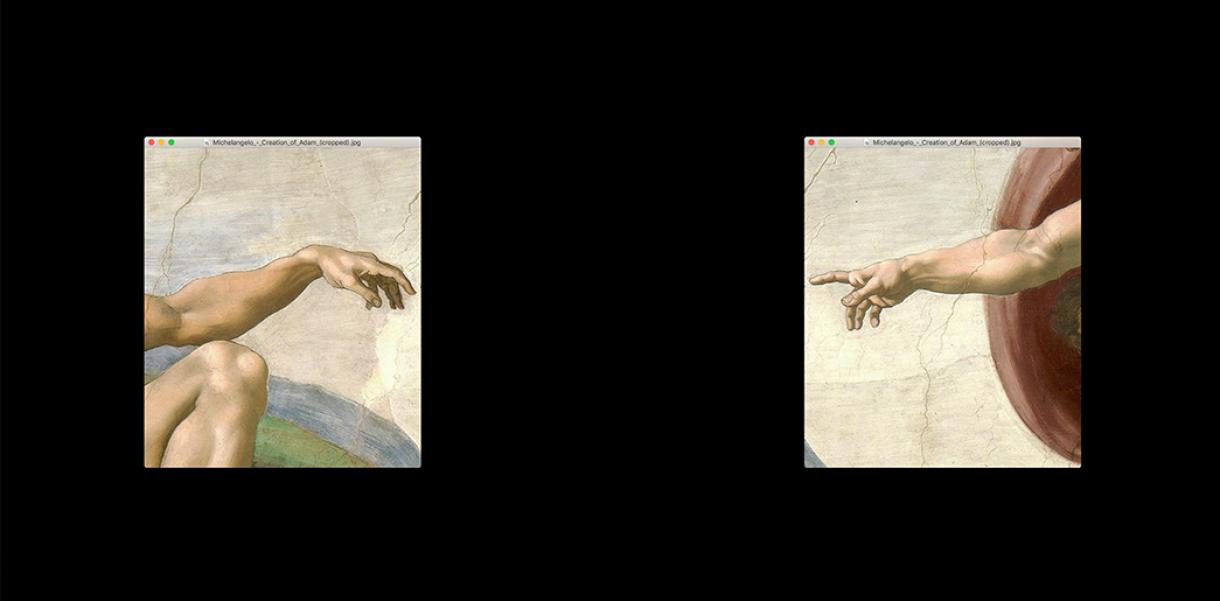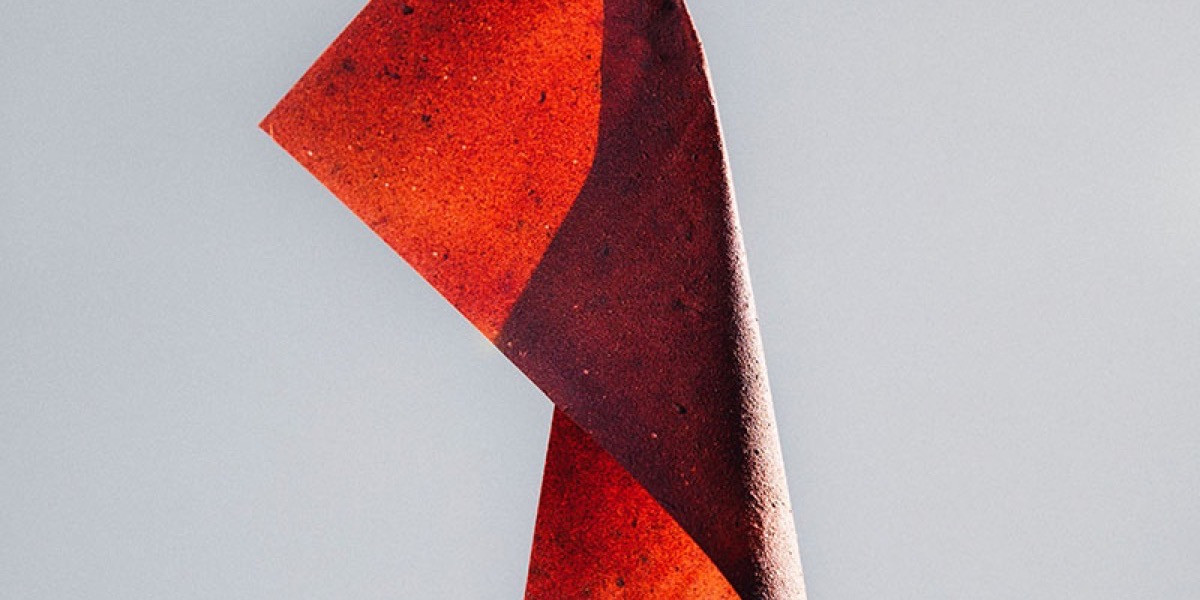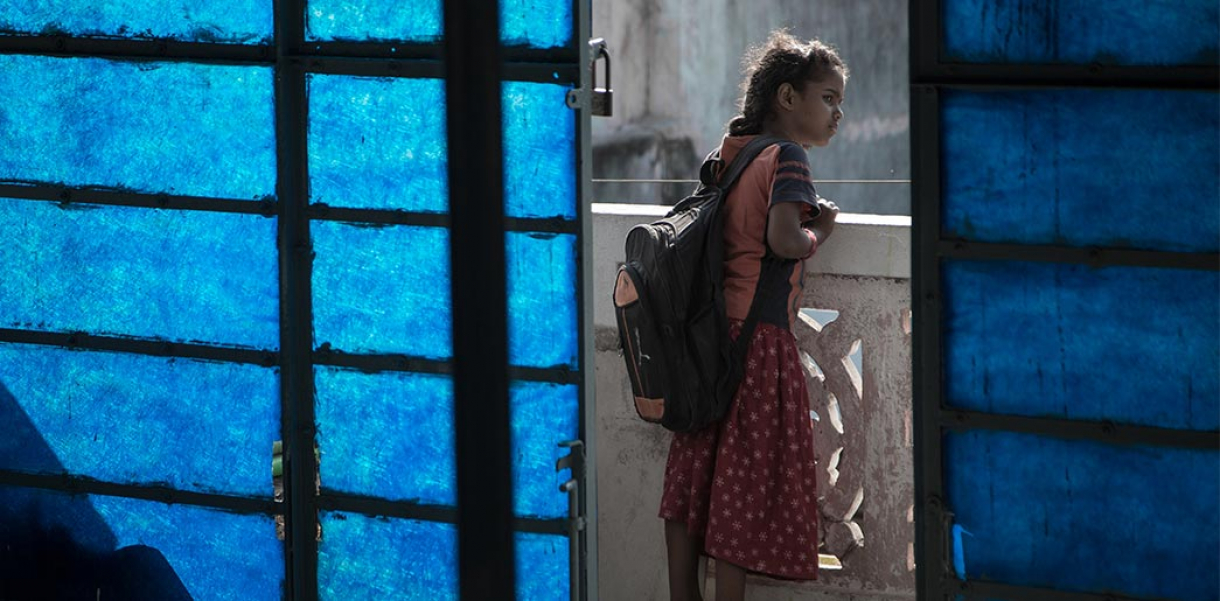The world is a crazy place – we know that already. But in the last one or two decades, all aspects of human life have been challenged to a mind-blowing degree. We've reached a point where, at least for me, it's often difficult to cope with and fully grasp the consequences of these developments.
To name a few, we've been witnessing the biggest refugee crisis since World War II, the effects of climate change are closer to everyone's doorstep than ever before, and we're currently experiencing a collapse of the financial systems as we know them. As a result, many of us are left with a feeling of distrust in the political and economic institutions around us. We struggle to wrap our heads around what's real and fake news while experiencing a profound lack of empathy and tolerance in society in general.
At The Index Project, we see these challenges being addressed by designers around the world. In fact, more and more in the last couple of years. And today, we're facing a pandemic that profoundly affects all nations' healthcare institutions to the extent that can result in a total collapse of national healthcare infrastructure.
"A public health crisis requires public trust — also from financial and political institutions."
As COVID-19 continues its exponential growth, the strategy each country pursues will have a massive impact on the outcome of the pandemic. And the world is watching every move.
Distrust in science, institutions and political leadership is a major problem when the outbreak worsens. Why? When you don't have much faith in your political leaders and don't trust that authorities have our best interests at heart, we're much less likely to follow orders.
So, who do we turn to? Who do we trust with the critical task of steering us through these critical times with the hope of saving lives, healthcare systems and economies?
I think we can all agree that ignoring or undermining the government's scientific sharing isn't the way to go. On the other hand, science shouldn't be an excuse for leaders to avoid taking political responsibility, or for you and me not to act responsibly.
In my opinion, we must trust supranational institutions like the WHO. Even though many recommendations at this point are based on assumptions, this is ground zero. How political leaders then choose to operationalise and communicate these recommendations rest on their shoulders and reflects the level of leadership, good or bad.
”When the pressure's intense enough, it's possible to act and take responsibility in ways we didn't dream possible."
Lastly, it's up to all of us to implement the guidelines, put forward by health institutions and politicians, on how to interact with the world around us. We need to dare to trust each other with all the reservations we might have. A public health crisis requires public trust — also from financial and political institutions.
Luckily, right now, we also experience that in times of crisis people connect in new ways. It can foster a sense of community and "we are in it together"-bonding, leaving all traces of stigmatisation and fear behind us. We do experience both empathy and tolerance, and we've learned that when the pressure's intense enough, it's possible to act and take responsibility in ways we didn't dream possible just six months ago. And that sparks hope for tackling the pressing challenges that will, still, be very real when we one day ride off the corona-storm.
-
Graphic: Johanna Philipson



